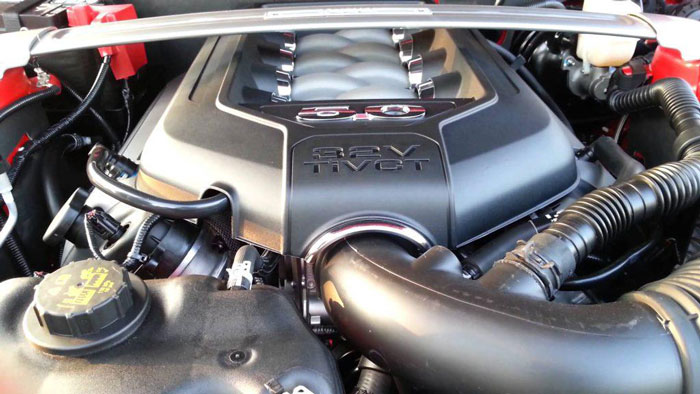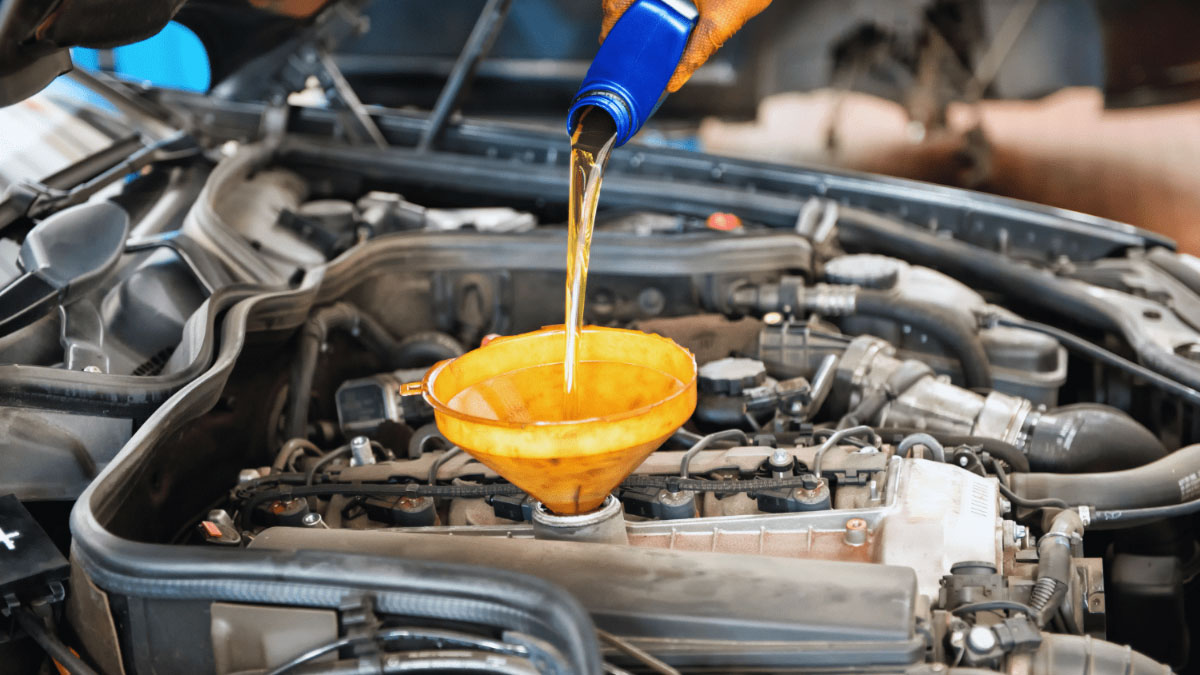Ever heard the saying, “the heart of the engine is its oil pump”? Well, maybe I just made that up, but the oil pump is pretty vital when it comes to keeping your engine running smoothly. In my years of tinkering with cars, I’ve come across some hilarious signs that scream, “Hey buddy, it’s time to replace your oil pump!”
Picture this: you’re driving along, and suddenly your engine starts sounding like a rock band warming up for a concert. Trust me; that’s not the sound of a hit single; it’s your oil pump crying for help. And if you notice your engine temperature spiking faster than your favorite Netflix series, it might be your oil pump throwing a tantrum.
5 Signs That an Engine Oil Pump Needs Replacing
You know it’s time to swap out that oil pump when the engine starts whispering its secrets! Here are the top 5 signs to watch out for:

Low Oil Pressure Indicator
- The oil pressure indicator on the dashboard does a dramatic performance, signaling trouble in paradise.
- A drop in oil pressure can lead to serious engine issues, so don’t ignore this cry for help!
Increased Engine Temperature
- Your engine decides to throw a temper tantrum and heats up faster than a microwave burrito.
- If your temperature gauge hits the roof, it’s time to cool things off with a new oil pump.
Unusual Noise from Valve Train
- Suddenly, your engine speaks a new language – one filled with clatters, rattles, and knocks.
- These strange sounds are like a bad orchestra performance; it’s time to change the conductor!
Metallic or Knocking Sounds from Engine
- Your engine thinks it’s a percussion instrument, creating metallic clinks and knocks like a garage band gone wrong.
- Replace that oil pump before your engine turns into a heavy metal concert!
- The oil pressure warning light becomes your engine’s cry for help, flashing like a disco ball on overdrive.
- Don’t ignore this SOS signal; give your engine the love and oil pump it deserves!
Testing the Engine Oil Pump
When it comes to checking whether your engine oil pump needs a replacement, let’s jump into some fun ways to test it out!
Checking Oil Pressure with a Gauge
I’d grab a trusty oil pressure gauge to check whether my engine oil pump is still kicking or ready for retirement. Here’s how I’d tackle this oily situation:
- Step 1: Park your ride on level ground; we need a fair playing field here.
- Step 2: Warm up the engine, let it feel the heat!
- Step 3: Locate the oil pressure sending unit; it’s where the gauge gets its juice.
- Step 4: Unscrew the oil pressure sending unit and tuck in the gauge.
- Step 5: Start the engine, let’s rev it up for some action!
- Step 6: Note down the oil pressure reading; we’re looking for a healthy number here.
Conclusion
Well, folks, there you have it! If your engine starts sounding like a rock concert or feeling hotter than a summer day in the desert, it might be time to give that oil pump some love. Remember, low oil pressure, high engine temps, and strange noises are like your car’s way of saying, “Hey, I need a new oil pump!” So, grab that oil pressure gauge, warm up the engine, and get ready to play detective. By checking that oil pressure reading, you’ll know for sure if your oil pump is ready to retire. Keep those engines purring like a contented kitten, and you’ll be cruising down the road smoothly in no time!
Frequently Asked Questions
How can I determine if my oil pump needs to be replaced?
Listen for unusual engine sounds, monitor increased engine temperature, and pay attention to low oil pressure indicators. If these symptoms persist, it may be time to consider replacing the oil pump.
What are the signs of a failing oil pump?
Look out for low oil pressure indicators, increased engine temperature, and unusual engine noises such as whining or whirring sounds. These signs typically point to a failing oil pump that may need replacement.
How can I test my engine oil pump?
You can test the engine oil pump using an oil pressure gauge. Warm up the engine, locate the oil pressure sending unit, and note the oil pressure reading. A low pressure reading may indicate a problem with the oil pump.

